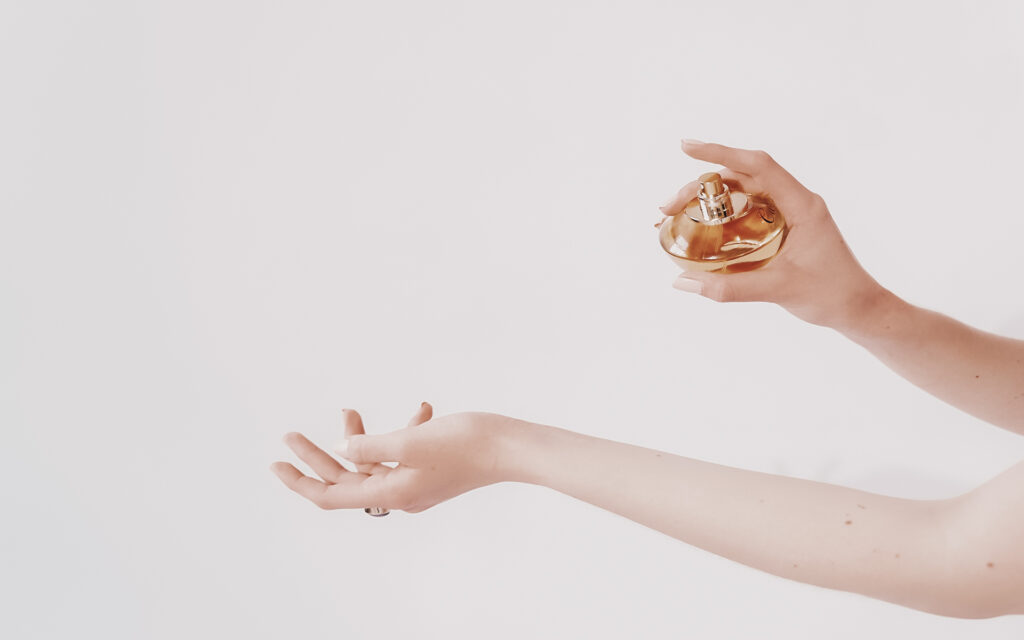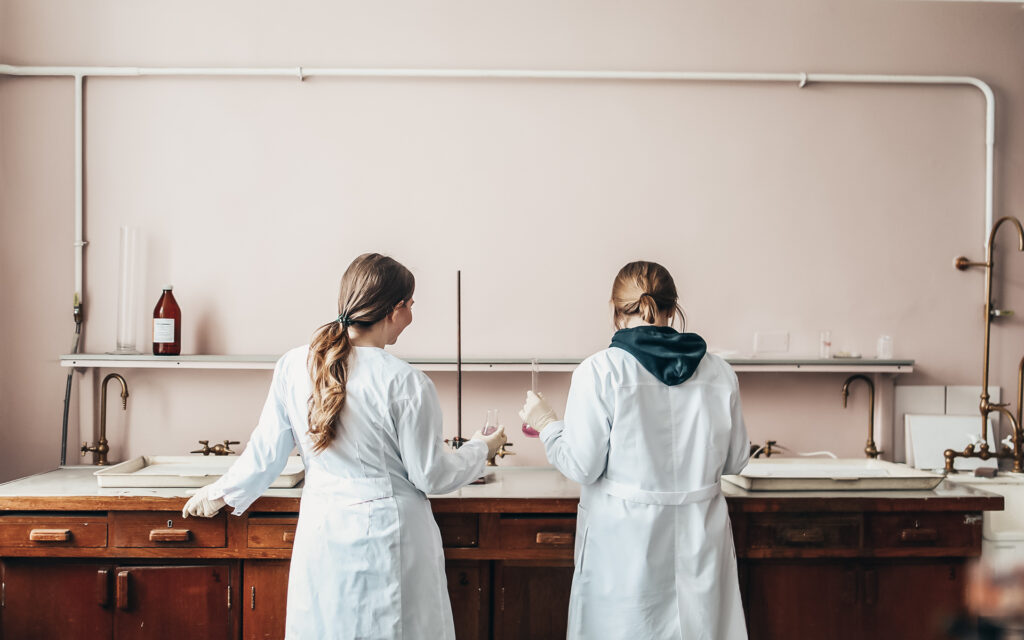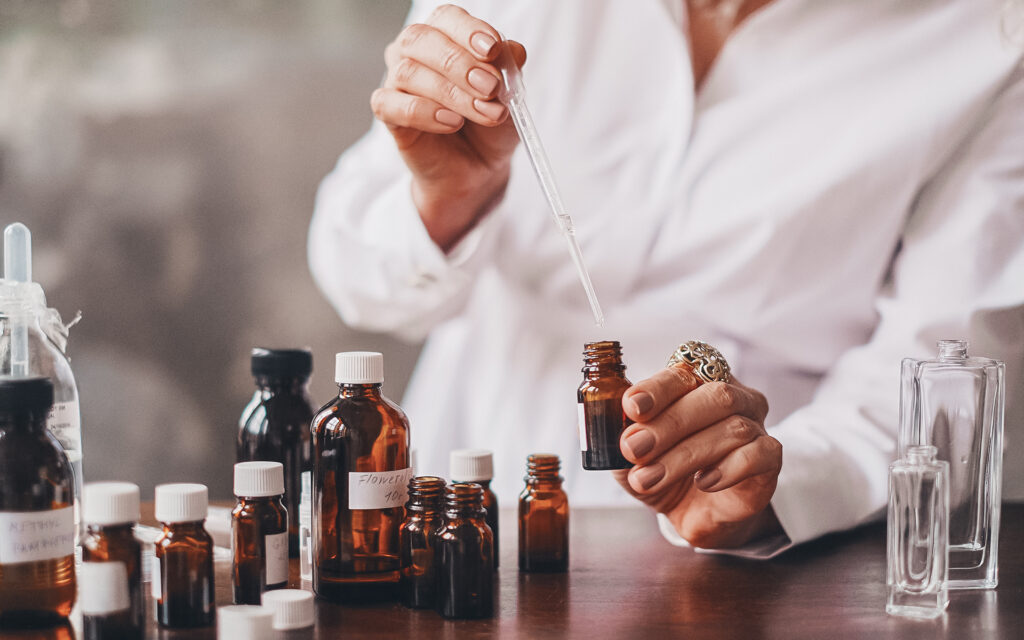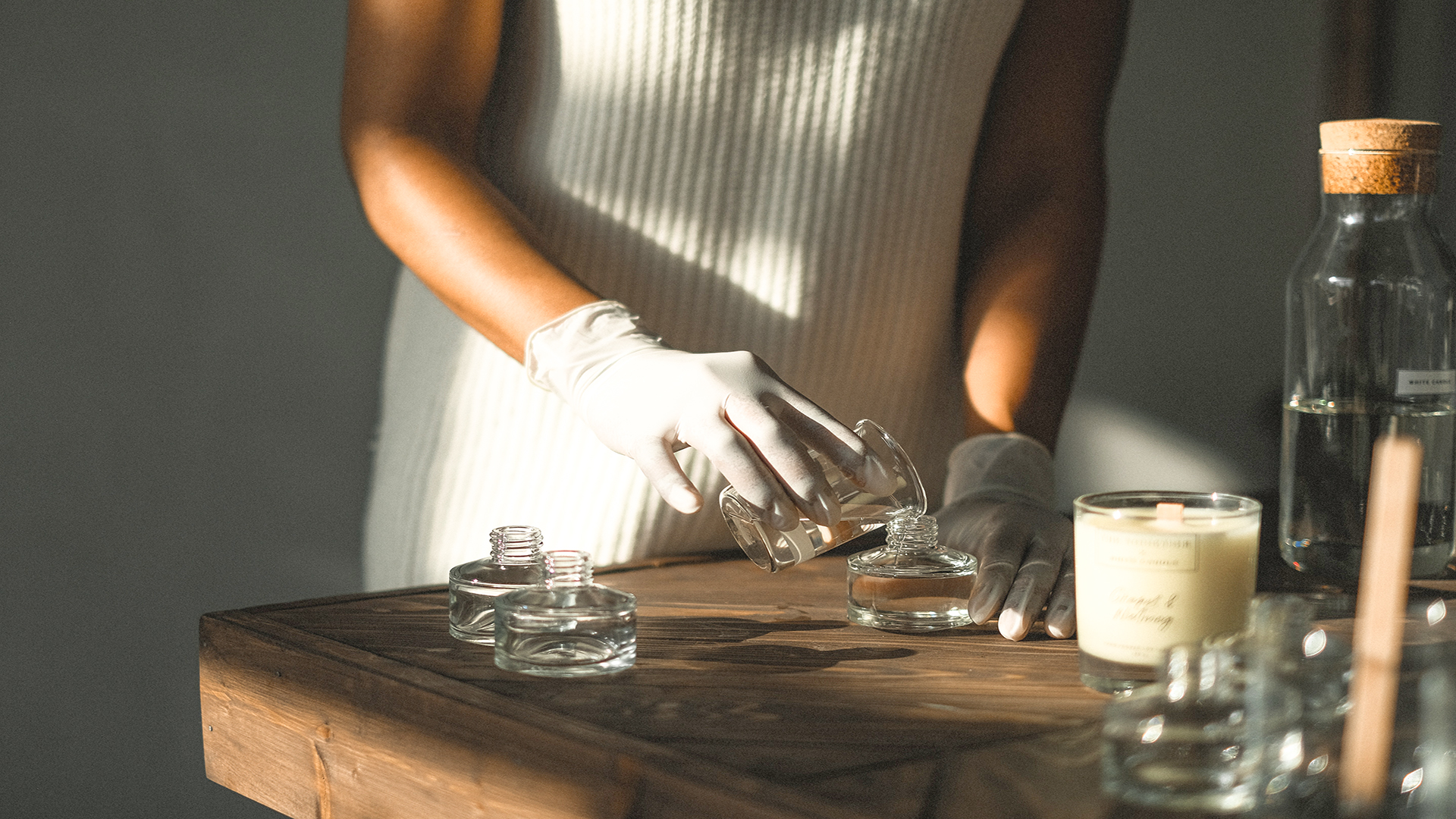Odors accompany every moment of our lives. They allow us to etch memories or places in our minds, improve (or worsen) experiences, and help us enjoy the foods we eat.
However, the method of fragrance production is being revolutionized. Biotechnologies are also bringing great changes in the perfume industry.
What exactly is biotechnology?
According to Oxford Language, it is a science whose industrial use aims at the production of substances that are processed by cells and enzymes. This refers, for example, to traditional fermentation processes to obtain wine, beer, cheese, and yogurt, and to genetic engineering and molecular biology techniques to produce biological materials (e.g., hormones and enzymes) through bacterial and animal cell modifications.
It is, therefore, something innovative that has been used in agriculture, in the pharmaceutical sector for years, and recently also in the cosmetics and beauty industry to make new products. It is also more sustainable, which is now increasingly necessary.
Biotechnology contributes to the reduction of harmful effects on our planet. In fact, they reduce production processes such as water consumption, gas emissions, and energy use.
We know them as industrial biotechnologies, but they are also called “white biotechnology” or “the third wave of biotechnology“, and today they have arrived in the field of avant-garde perfumes.

The turning point for the beauty industry thanks to biotechnologies
Nowadays, finding raw materials to create perfumes and fragrances is increasingly complex. The current climate change leads to difficulties in the production of certain plantations. Consequentially, biotechnology is being chosen for the production of fragrances using fermented microbes because it allows making products without the real exploitation of natural resources that, in some cases are disappearing or have been greatly reduced.
White biotechnology offers many advantages over traditional processes for the production of bio-based products. First, biotechnological processes are generally more sustainable than usual chemical processes. This is due to the fact that biotechnological processes use renewable energy sources, reduce the use of toxic chemicals and produce less waste.
Molecules created in the laboratory can be used to make detergents and perfumes with stronger and longer-lasting results than natural products.

Different uses of perfumes and fragrances
Lately, the idea of matching experiences with fragrances is getting developed. The new marketing branch, Olfactory marketing, is proof of this. Several studies have shown how certain smells can improve or worsen our experiences or how they can influence us in decision-making.
There are many entertainment experiences today that use smells, such as spas, suggestive restaurants, shops, or even workplaces, where certain fragrances are used to promote relaxation and concentration. For example, one study showed that essential oils, especially sandalwood oil, can relieve stress and facilitate recovery after a stressful event by lowering systolic blood pressure and salivary cortisol levels, considered stress biomarkers.
Even the sense of taste can be influenced by scent, just think of some vegetarian foods, that look like real meat thanks to texture and smell.

The importance of perfumes and biotechnology
Fragrance production is a millenary tradition. Ancient Egyptians were already engaged in it and refined different production techniques. The use of aromas or essential oils not only serves as an “accessory” for the people who wear it, but says something about them, and the type they like can vary from the sweetest and most citrus to the woodiest and bitter.
The first chemist to use the distillation technique in history was Tapputi, who lived in Mesopotamia in 1200 BC. Today, we find another important woman in the same field, Sara Reisinger, a scientist who heads the Firmenich research unit in Geneva. The latter is trying to revolutionize the world of perfumes by using algorithms that can automatically learn and develop innovative fragrances efficiently.
Enzymes created in the lab can also use the waste from other industries as a starting point to create truly “green” perfumes. These processes, not only increase the variety of perfumes available but also help protect our planet’s precious resources.

The transition of large companies towards more sustainable production of perfumes brings an unparalleled benefit to the final consumer in terms of variety, quality, sustainability, and respect for the planet. It is also advantageous for companies. Factories are no longer restricted to basing their production on raw materials influenced by the unpredictability of weather and climate change.
The world of luxury is also paying increasing attention to biotechnology and the creation of sustainable perfumes. An example is the fragrance Dylan Turquoise from Versace, whose main ingredient is the “primofiore” lemon. More than 85% of the product contains biodegradable raw materials created using the most advanced biotechnological research.
Each year, we are getting closer and closer to a sustainable world. Biotechnology, in this case, certainly contributes to the development of a greener planet.





